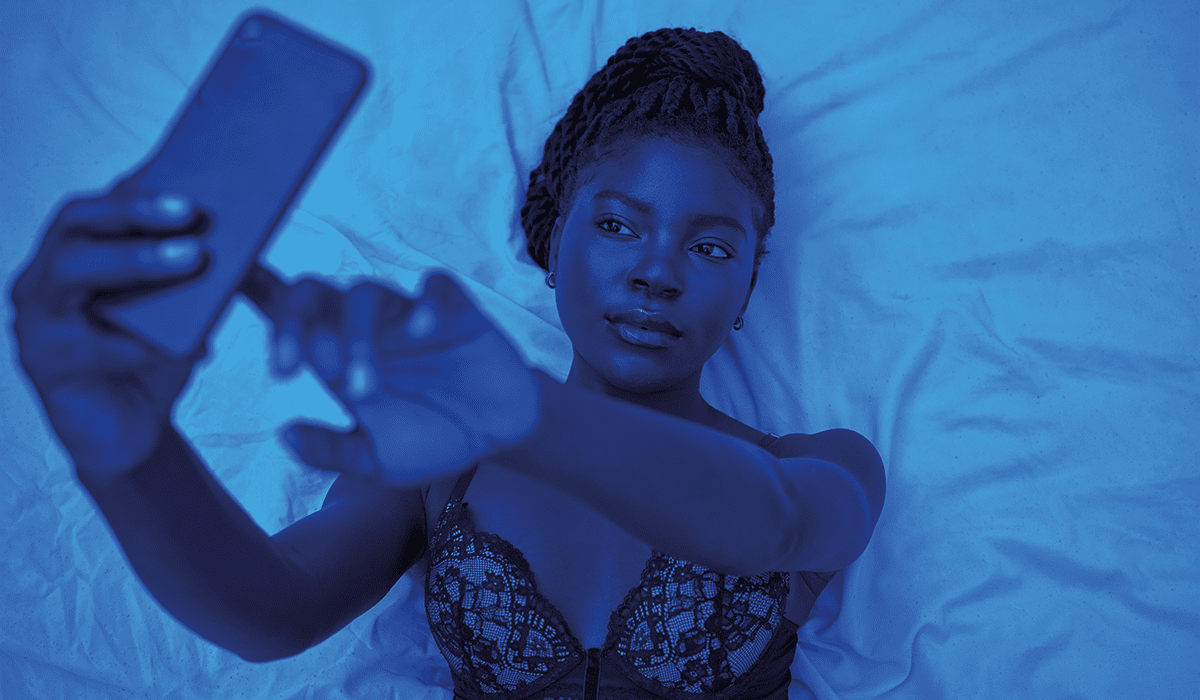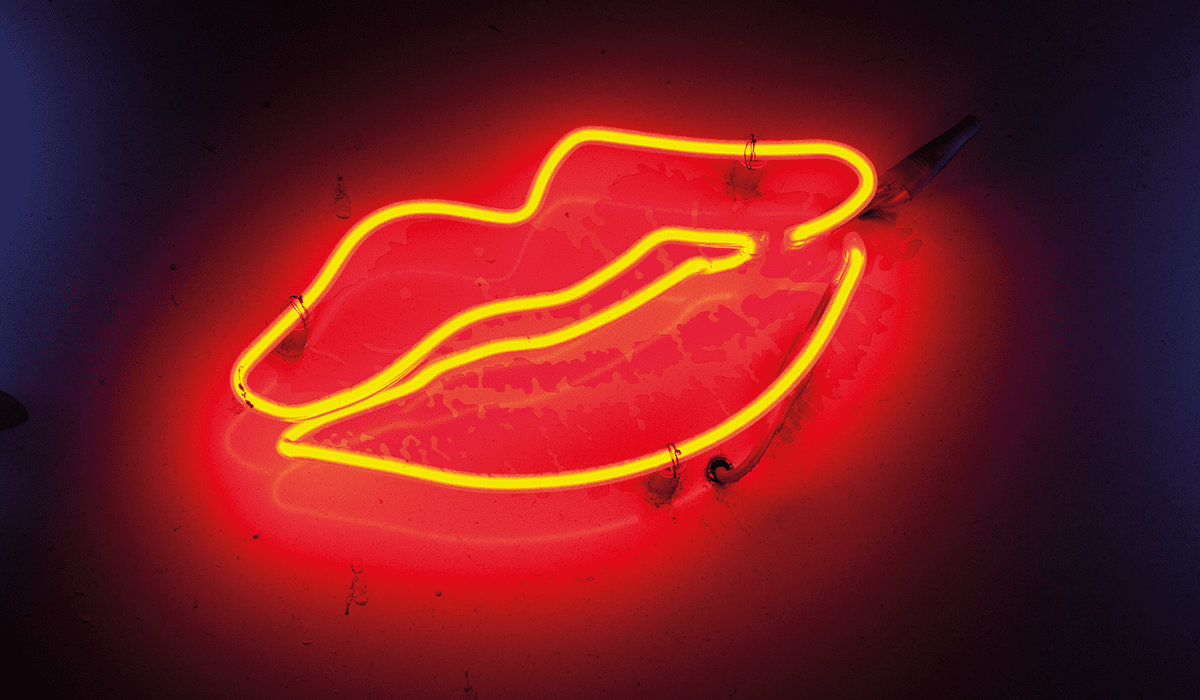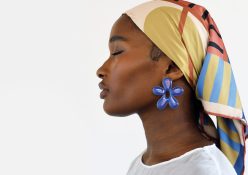X-rated content creators are using online subscription- based platform OnlyFans to earn money and reclaim the industry as a more empowering space. But not everyone is onboard with this ‘taboo’ notion…
OnlyFans has been a ground-breaking digital platform, revolutionising the way creators interact with their audience, and in the process transforming the adult entertainment industry. It has more than 20-million registered subscribers (‘fans’) and 1.4-million creators using it.
Launched in 2016 by British businessman Tim Stokely, it offers a unique space for content creators to monetise their work. The website isn’t exclusively for adult content. From artists and fitness junkies to musicians, people from all walks of life have joined the website. However, it is mostly associated with overtly sexual adult content, leading to Stokely being dubbed ‘the king of homemade porn’.
During the height of the Covid-19 pandemic, which had a negative impact on people’s social, health and economic standing, the platform’s numbers skyrocketed. OnlyFans was a solution for many – they could earn an income while we were all locked indoors.
THE NEW NORM?
Unlike traditional social-media platforms, OnlyFans allows creators to share their content behind an exclusive paywall. Included in these creators are adult performers, offering a modern, tech-related solution as a safe alternative to traditional sex work. They can protect their identity by taking pictures and videos without their face in frame, or even wear masks. Being an anonymous creator also protects them from social judgement, as sex work is often viewed as a ‘mark of disgrace’.
According to new-age feminists like Jazmen Jafar (licenced attorney turned sex worker), OnlyFans is “moderately feminist”, providing a space for sex work activism. “You won’t find more supportive women than the ones who are doing OnlyFans… The world is changing and sex work is becoming more normalised,” she says. “With OnlyFans, you’re your own boss. There’s no middleman – although middlemen do try to come in and make you think you need one. You are in full control over what you post. You own your content.

“YOU’RE YOUR OWN BOSS. THERE’S NO MIDDLEMAN… YOU ARE IN FULL CONTROL OVER WHAT YOU POST. YOU OWN YOUR OWN CONTENT.”
“I push them [creators] to live a life conducive to their own happiness. That might mean coming out as who you are when it comes to your sexuality. That may mean going against the grain and doing something you love versus what society expects you to do.
“The best part of this is that I have inspired, and I hope to inspire many more people, to be happier and not be afraid of what other people think and let other people’s opinions dictate how they live their lives, because you’re the only person that’s going to be living your life, so you might as well live it for you.”
Already-famous celebrities like actor Bella Thorne and rapper Iggy Azalea are X-rated OnlyFan creators too. Iggy started her account in January this year, after saying in 2021 that she’d never join. She now loves having her earnings from the site all to herself. “I made record labels so much money… I got the smallest cut off my own body and my own work and my own ideas.”
There are also South African celebrities who sell adult content on the platform. Tebogo Thobejane – influencer turned Muvhango actor – joined OnlyFans to earn money to launch a business (she left the platform in 2021 as work opportunities opened up).
TABOO CONTENT
Since selling content is contact- free, sex work creators are also safe from STDs and violence. The platform offers them financial freedom and independence. They decide their schedule, queue content and set rates – of which OnlyFans takes a 20% cut.
Creators earn passive income and can advertise their account on other platforms. Reddit and Twitter are commonly used; TikTok and Instagram don’t allow users to directly link their OnlyFans accounts, but users can add a linktree in their bios.
Creators can also provide tips and offer PPV content (pay per view), plus they can also share their Amazon wishlist for users to send them items in return for a ‘custom request’. It all seems legit, right?
TOO GOOD TO BE TRUE?
Being an OnlyFans creator does come with its downsides. It takes a lot of time to gain subscribers, and creators still face a lot of criticism daily – from moral and religious censure to psychologists reporting on the mental-health repercussions of exposure to the platform, OnlyFans has sparked major concern across the globe.
“The reality is that sex work isn’t going anywhere, Onlyfans isn’t going anywhere, and it is more and more the responsibility of each individual content creator and ‘fan’ to be intelligent consumers if they choose to engage/indulge,” says US-based psychologist Julian Frazier.

“BUILDING AN UNREALISTIC OR OBSESSIVE RELATIONSHIP WITH AN ONLINE PERSONALITY HAS THE POTENTIAL TO BE PROBLEMATIC IN MANY WAYS.”
“This is very difficult because the fan base of OnlyFans may have mental-health struggles which make them an ideal target for being exploited, while content creators may in turn have incentives to be exploitative or inauthentic.
“Most of the transactions and traffic on OnlyFans is likely benign and ‘harmless entertainment’. But if we overlook the potential darker aspects of our psychology, we might end up betraying our benevolent and authentic nature – traded away for a get-rich-quick scheme or for a fantasy which we can never truly actualise,” he warns.
THE ANTISOCIAL SIDE
Being a creator can also be an anti-social pursuit and therefore one can become lonely. If you don’t collaborate with other creators, you lack the sense of community that comes with having colleagues in any normal working environment.
We also tend to forget the impact that sexual content has on viewers – in this case, subscribers. Psychologists around the world argue that this ecosystem increases the chances of both creators and subscribers developing obsessive behaviours like social-media addiction and unrealistic delusions, and even symptoms of psychosis.
“There is nothing wrong with paying for content and subscribing to anything that you enjoy, provided it is legal,’ says Professor Ewan Gillon from First Psychology Scotland. “However, we all have to be aware that building an unrealistic or obsessive relationship with an online personality has the potential to be problematic to us in a range of ways – including encouraging us to spend more money than we normally would, or imagine that there is a stronger bond than there actually is. We just need to take care. The internet is not a replacement for real, proper functional relationships and we need to remember this.”
Professor Gillon adds: “The online environment can provide the opportunity to say and do things that we wouldn’t normally because we can hide our identity behind an internet persona. This means that the rules or norms we are all usually subject to no longer apply, and therefore people feel disinhibited and are able to behave in ways that are more unpleasant or extreme because the consequences are less.”
It’s true that OnlyFans has opened new avenues for self- expression and earning an income. And yes, it opens discussions surrounding the acceptance of sex work and the evolution of feminist perspectives. This is all enlightening. However, there are still harsh, real-world consequences that need to be considered.
RESOURCES
If you are battling with social-media addiction, or know of someone who may be, consult the following for help:
Internet Addiction Rehab Centre South Africa
Web: twinriversrehab.co.za
Tel: 0828633159
Email: david@twinriversrehab.co.za
South African Depression and Anxiety Group (SADAG)
Web: Sadag.org
Tel: 0112344837
Email: zane@sadag.org
Words by Sahrah Enous
Photographs: Gallo/Getty images, Pexels







